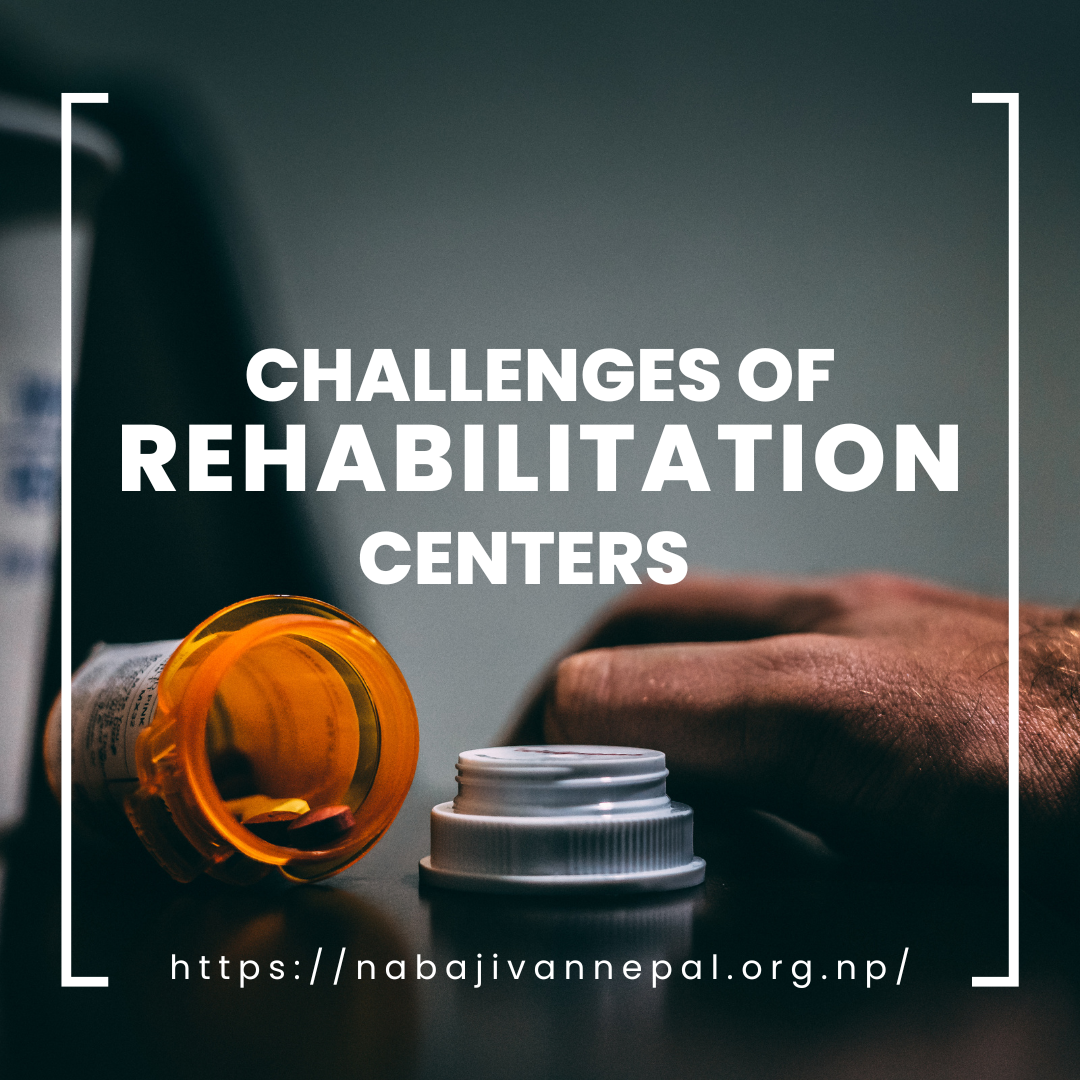Rehabilitation is a critical phase in the journey of individuals recovering from various physical, mental, or emotional challenges. Whether it\’s after surgery, injury, addiction, or a neurological disorder, the process of rehabilitation is unique to each individual. While the goal is to restore functionality and improve overall well-being, the path is often fraught with challenges that can make the journey to recovery both demanding and rewarding.
Challenges of Rehabilitation
Physical Challenges:
Physical rehabilitation often involves rebuilding strength, flexibility, and coordination. Patients may face muscle atrophy, joint stiffness, or limited range of motion. The journey back to optimal physical health can be slow and requires consistent effort. It can be discouraging for individuals who once took their physical abilities for granted.
Emotional and Psychological Struggles:
Recovery is not just a physical battle; it\’s also a mental and emotional one. Coping with the frustration of limited abilities, fear of re-injury, or the impact of a life-altering event can be overwhelming. Patients may experience anxiety, depression, or a sense of loss, making it essential for rehabilitation programs to address both physical and mental well-being.
Adherence to Treatment Plans:
Rehabilitation success heavily depends on a patient\’s commitment to their treatment plan. This includes attending therapy sessions, adhering to prescribed exercises, and making lifestyle adjustments. Challenges arise when patients face competing priorities, lack motivation, or struggle to incorporate new habits into their daily lives.
Financial Constraints:
Access to quality rehabilitation services is not universal, and financial constraints can pose a significant challenge. The cost of therapies, medications, and assistive devices can be a barrier to optimal care. This issue highlights the need for affordable and accessible rehabilitation services for all individuals, regardless of their economic status.
Social Support and Stigma:
A strong support system is crucial during rehabilitation. However, individuals may encounter social isolation, lack of understanding, or even stigma associated with their condition. This can impede progress and exacerbate emotional challenges. Building awareness and fostering empathy in communities can help create an inclusive environment for those undergoing rehabilitation.
Technology and Innovation:
While technology has transformed rehabilitation in many ways, it also presents challenges. Some individuals may struggle to adapt to new technologies, and there can be a digital divide in access to advanced rehabilitation tools. Balancing the integration of technology with personalized care is essential to ensure that it enhances rather than hinders the rehabilitation process.
Long-Term Commitment:
Rehabilitation is often a prolonged process that requires patience and long-term commitment. Some individuals may lose motivation or encounter setbacks, leading to frustration and a temptation to abandon the rehabilitation journey prematurely. Establishing realistic expectations and providing ongoing support are critical to sustaining motivation over time.




